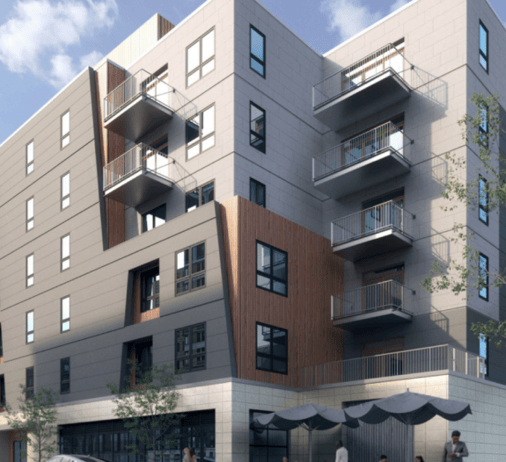Urban metro markets to be stronger than "McMansion" suburbia over the next few years
According to the newly released report "Emerging Trends in Real Estate 2009" by PriceWaterhouseCoopers and the Urban Land Institute, urban metro areas look to fare much better than the suburban and exurban rings as the real estate market turns back upwards sometime in late 2009. You can read the full report (warning: large document) if you like but it is primarily focused on capital flows, macroeconomic conditions, and commercial markets. Inman News has a nice summary of the sections containing housing data:
As housing prices near a bottom -- perhaps by late 2009 -- homes closer to cities with thriving economies and mass transit will outperform outer-ring suburbs and "exurban areas," where high gas prices are making long car commutes prohibitively expensive and rising energy costs mean higher utility bills.
The report projects that the worst of the national housing downturn may be over, with a price bottom probably forming by late 2009. But there's still more pain to come, the report predicted, in part because mortgage lenders aren't backing off stricter standards and interest rates are probably headed up.
As home prices continue to fall, "McMansion subdivisions in the sticks (will) take a double whammy," the report predicts. Rising heating and cooling bills could work against sellers already facing resistance to long commutes. "People realize they don't need 3,000 square feet and four cars anymore," one source interviewed for the report said.
Changing preferences could increase demand for condos in urban areas, many of which now have a glut of such properties. One respondent said their company had 30,000 unsold units in south Florida -- just as they did in 1975 and 1988.
At some point, those high-end Miami condos overlooking the Atlantic will be good buys," the report predicts, noting that ocean views "always find a market."
Good news for those of us who live and work in the urban center areas. I have always been a fan of city living because it is more convenient, more environmentally friendly, and there is more cultural and entertainment resources right at your doorstep. More and more people seem to be realizing this, and a trend I have been seeing for 5+ years is a move back to Boston by suburbanites. This is a large factor that has been helping the Boston urban market remain remarkably resilient throughout this national real estate downturn.
And things get even better for Boston:
So-called "24 hour cities" like New York, Boston, Chicago, San Francisco, and Washington, D.C., should also benefit from mass transit systems that can free residents from car dependence, the report said.
Suburbs still may hold an edge for buyers with young families looking for better school districts and land for the kids to play, but there are sacrifices:
The suburbs will continue to retain an edge among many families looking for better school districts and child-friendly environments, the report said. But the mortgage crisis, high car-related costs and increasing property taxes mean moving to the suburbs requires greater sacrifices, the report noted.
I agree with the report. So long as Boston continues to evolve and remain a safe place to live, I expect the desire for "city living" to remain strong which will continue to hold prices up in the core neighborhood markets and outperform suburban markets over the next 5 to 10 years.
